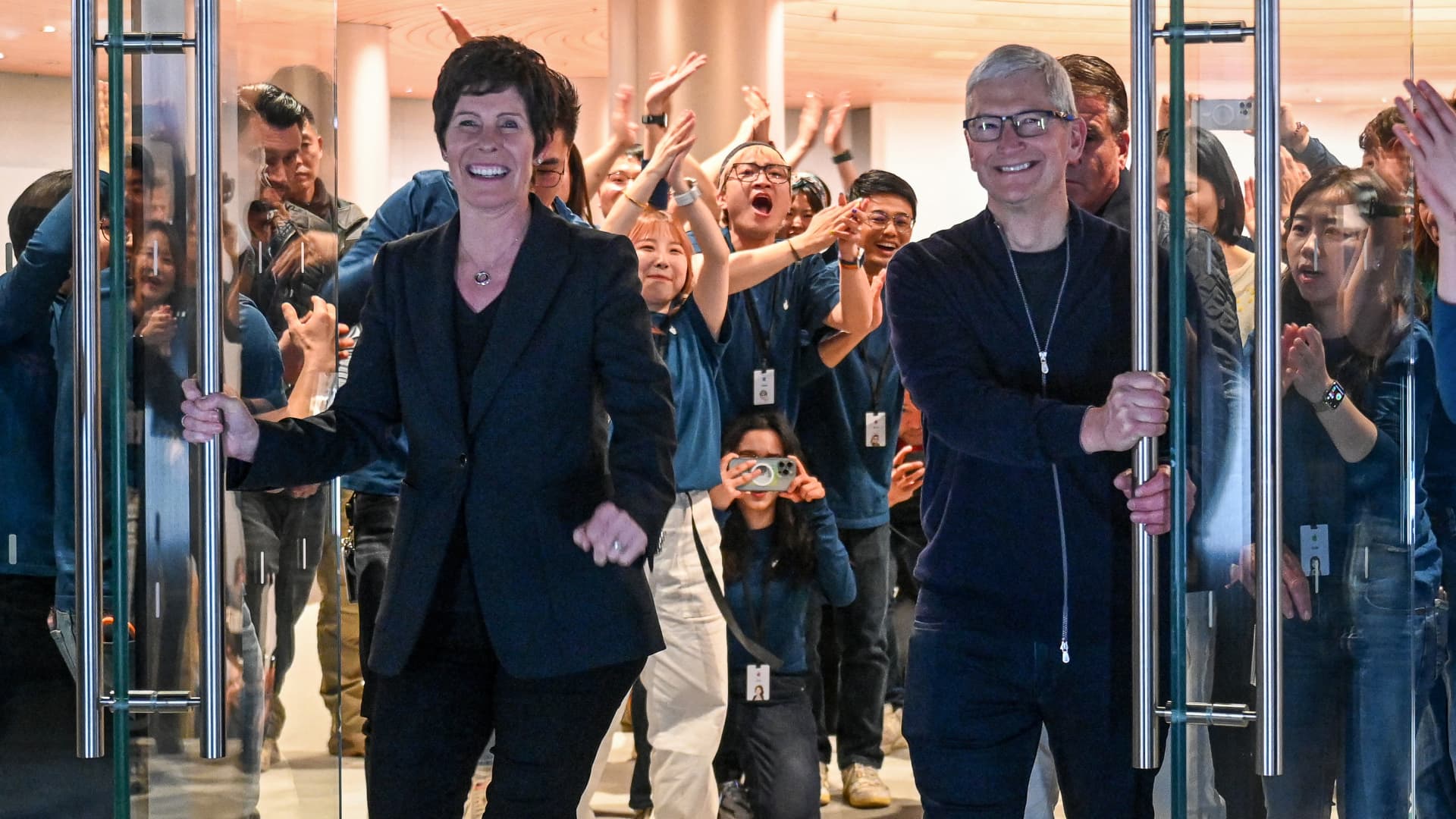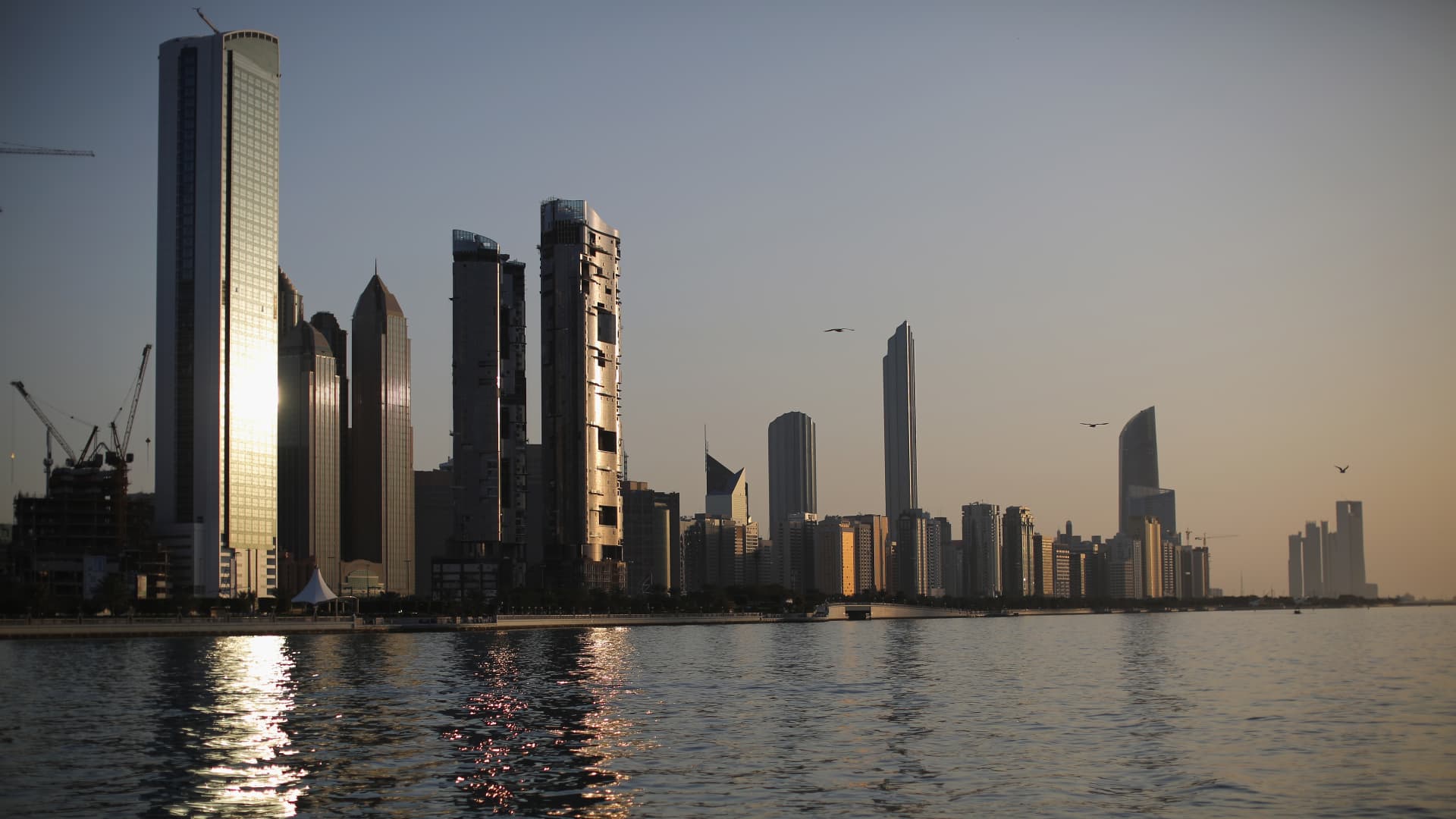
Attorneys for a Warren Buffett-owned railway are expected to argue before a jury on Friday that the railroad should not be held liable for hauling asbestos into a Montana town that allegedly sickened — and even killed — hundreds.
BNSF Railway has argued that the nation’s largest freight railroad’s predecessors — before Buffett’s Berkshire Hathaway bought the firm in 2010 and took it private — didn’t know the vermiculite it hauled over decades from a nearby mine in Libby, Mont., was filled with hazardous microscopic asbestos fibers, according to Fortune.
How much BNSF knew about the health hazard from those shipments dating back to at least 2009 — when the US Environmental Protection Agency first declared a public health emergency because of the Libby site — is it at the center of a weeks-long civil trial that began on April 8, Fortune reported.
Health officials have concluded that the contaminated vermiculite — a naturally occurring mineral often used in construction — sickened more than 3,000 people and led to several hundred deaths.
According to the Mayo Clinic, exposure to asbestos fibers “can cause lung tissue scarring and shortness of breath,” leading to a condition called Asbestosis or other forms of lung cancer.
The estate of Thomas Wells filed a wrongful death lawsuit against BNSF in 2021. Wells — who worked in the Libby area between 1976 and 1978 for the US Forest service — was diagnosed with mesothelioma, a rare and aggressive lung cancer linked to asbestos exposure, at age 65, according to Scripps News.
“I’m in great pain and alls I see is this getting worse,” the retired middle school teacher from Oregon said in a video deposition from a hospital bed in his home recorded in March 2020, four months after his cancer diagnosis.
He died a day later.
The video of Wells’ final words was played for jurors.
Another plaintiff, the family of Joyce Walder, played in the same area in her youth before dying of mesothelioma at 66 — less than a month after her diagnosis — Scripps reported.
“I hope no one has to see the light of hope pass from a parent’s or loved one’s eyes, because that is something you will never forget,” Walder’s daughter, Chandra Zechmeister, testified Monday, per Scripps.
Representatives for BNSF declined to comment on pending litigation.
Also at the center of the proceedings is W.R. Grace & Co., a chemical company that operated a mountaintop vermiculite mine mere miles outside of Libby up until its closure in 1990, according to Fortune.
The Maryland-based company has already paid significant settlements to victims, plus a $34 million bankruptcy settlement in 2007 to cover cleanup costs at 32 Superfund sites across the US.
The EPA’s Superfund program allows the federal agency to clean up contaminated sites.
The agency descended on Libby in 1999 following news reports of a dusty rail yard. In 2009, it declared in Libby the nations first ever public health emergency under the federal Superfund cleanup program, Fortune reported.
The pollution in Libby has since been cleaned up — but largely at the public’s expense.
Throughout the trial thus far, US District Court Judge Brian Morris has frequently reminded jurors that W.R. Grace’s liability is separate to that of BNSF, per Fortune.
W. R. Grace executives have already faced criminal charges over the contamination at the small Montana town near the US-Canada border, though they were acquitted following a 2009 trial.
BNSF has argued that it was obliged under law to ship the vermiculite — which it used in insulation and for other commercial purposes — and that W.R. Grace hadn’t been forthcoming about its asbestos contamination, according to Fortune.
Former railroad workers said during testimony and in depositions that they didn’t even know about the health hazards associated with asbestos exposure.



